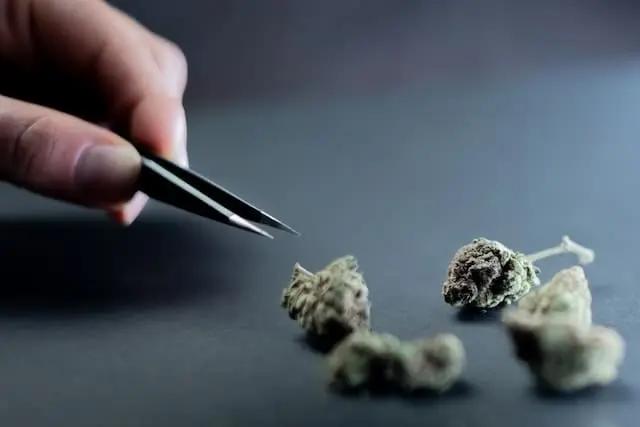- Contact Us Now: (818) 275-2465 Tap Here to Call Us
The Department of Cannabis Control (DCC California). What it is and why you should care.

The Department of Cannabis Control (DCC) is the regulator that oversees all commercial cannabis activity in the State of California. The DCC creates commercial cannabis regulations, drafts and circulates proposed regulations, and is in charge of drafting emergency regulations. The DCC is also responsible for enforcement actions against non-compliant licensed cultivation, manufacturing, distribution, cultivation, testing laboratories, and retail businesses.
When was the Department of Cannabis Control created?
The DCC was created in 2017 as part of the Medical and Adult Use Cannabis Regulation Safety Act (MAUCRSA). The purpose of MAUCRSA was to create a comprehensive regulatory framework governing commercial cannabis activity in California. The DCC was established to ensure that commercial cannabis activity is conducted safely and complies with state laws, including ensuring only tested cannabis products are sold to the public.
What does the DCC’s rulemaking process look like?
The DCC’s rulemaking process typically begins with a notice of proposed rulemaking (NPRM). In the NPRM, the DCC outlines its proposed changes to regulations and provides an opportunity for public comment.
After gathering input from the public, where stakeholders can submit comments and concerns about the proposed new rules, the DCC drafts a final version of the regulations. The regulation goes through another round of public comments before being adopted by the department. Once the regulations are approved and adopted by the DCC, they become the rules that govern commercial cannabis activity in California.

How do I make my voice heard?
The DCC will typically allow the public to submit a proposal for at least forty-five (45) days before adopting a regulation. You can submit any proposed change, including suggestions to simplify or consolidate one or more regulations during this time.
What happens when the Department of Cannabis Control begins an enforcement action against my business?
The DCC starts enforcement actions against businesses for various reasons, including ensuring that only tested cannabis products are sold, that cannabis is not being diverted to minors, and that businesses remain in compliance with the current regulations.
If the (DCC) begins an enforcement action against your business, it will issue a notice of violation detailing the violation and the possible penalties associated with it. The notice will also provide instructions on responding to the violation and requesting a hearing if you wish to contest the violation. Once the notice has been received, you will need to respond within the specified timeframe or face the possibility of additional penalties. Depending on the severity of the violation, the DCC may impose administrative fines, suspend or revoke your license, or refer the matter to the local law enforcement agency for criminal prosecution.
What is the usual first step in a DCC enforcement action?
The first step in a DCC enforcement action is typically a warning letter called a notice of violation (NOV). The NOVis a formal document issued by the DCC when a licensee or licensee applicant is found to violatestate laws or regulations governing the cannabis industry. The Notice of Violation outlines the nature of the violation, the penalty, and any corrective measures that must be taken to remedy the violation. If a business does not respond or fails to demonstrate that it has come into compliance, then the DCC may take further action, such as suspending or revoking the business’s license.
What is the most important thing to remember if I receive an NOV from the Department of Cannabis Control?
If you receive an NOV, you must respond promptly and make every effort to demonstrate that your business complies with current regulations. If the DCC believes your business is not in compliance, it may take further action against you.
What if I fail to correct the alleged deficiencies in the NOV?
Businesses that fail to make the changes described in the NOV could face immediate administrative action. For example, if an NOV alleges a business was violating a specific regulation by selling adult-use cannabis to individuals under 18, typically, the agency would request the business provide standard operating procedures explaining how cannabis would only be sold to only authorized individuals. The agency normally imposes a 15 days timeline for the business to submit a proposed corrective action plan.
What if a business fails to submit the corrective action plan? In that case, the matter will, in all likelihood, escalate to the agency’s legal division, where an administrative action is filed against the business, likely seeking a suspension or revocation of the company’s cannabis license.
Contact our office immediately if you receive an NOV!
Our experienced cannabis business attorneys can help you navigate the DCC’s enforcement process and protect your license. Contact us today for a consultation.

